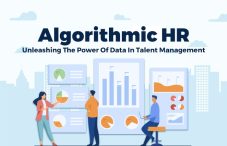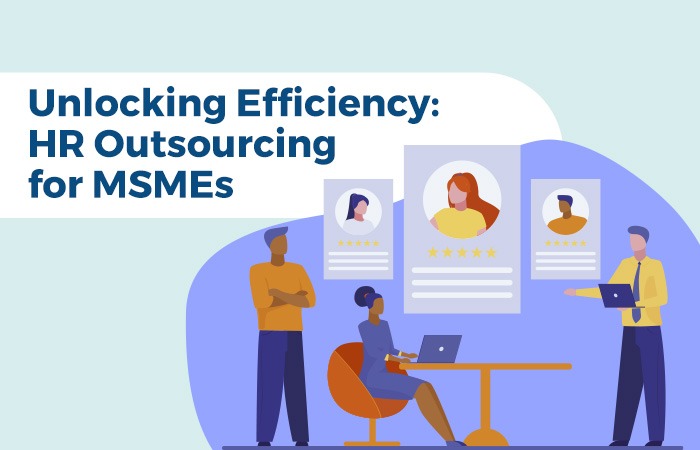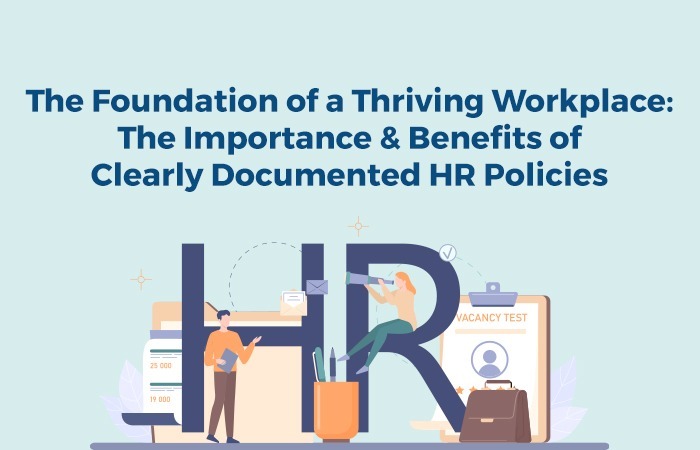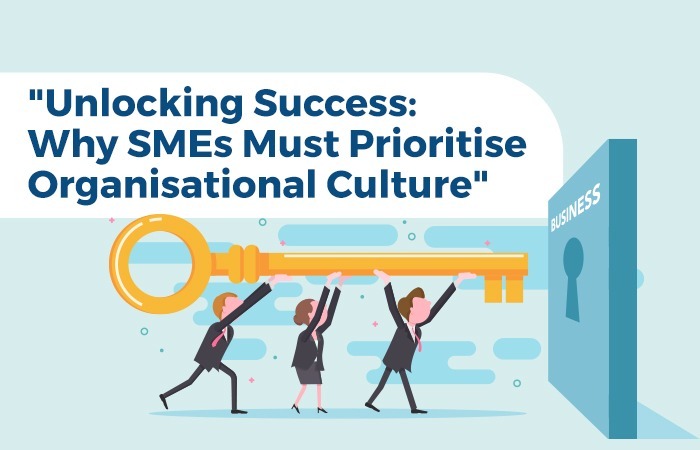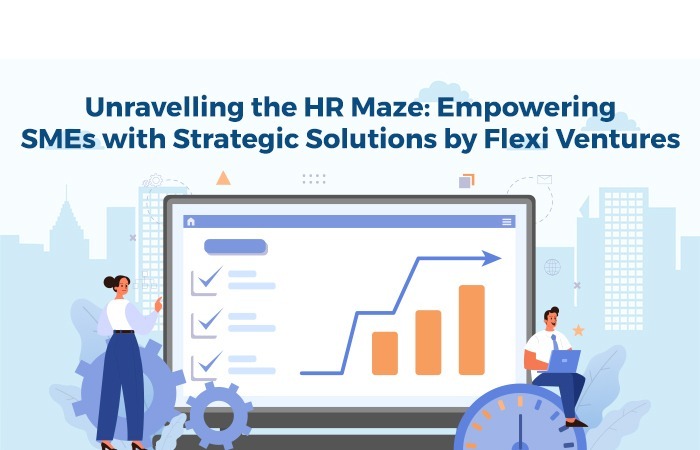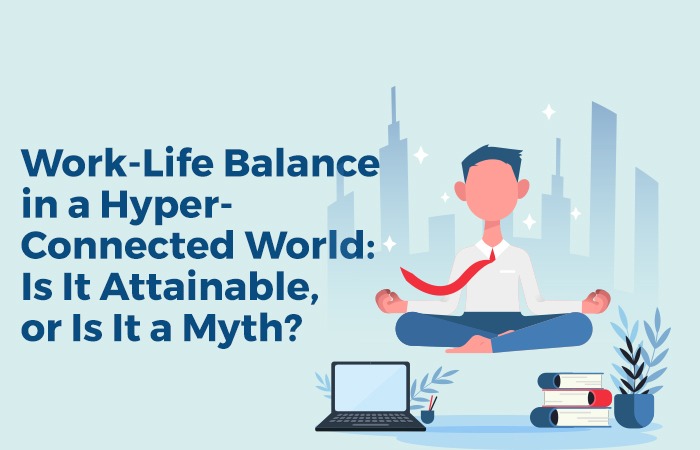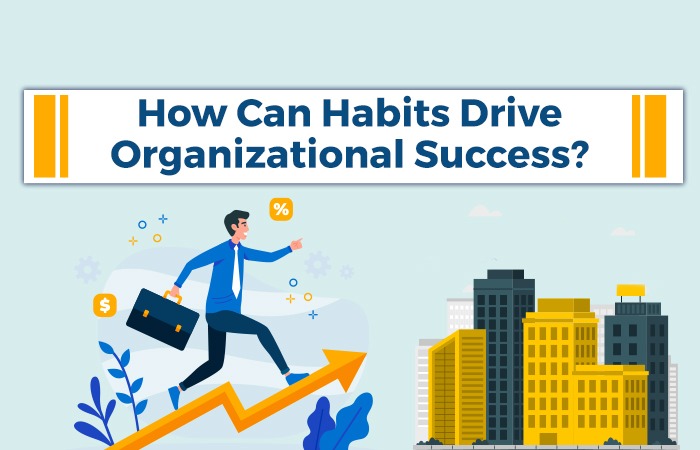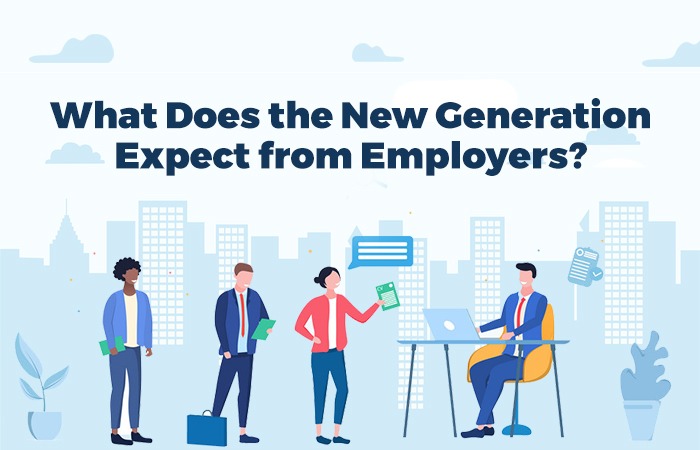In today’s digital age, data is at the heart of decision-making in various industries. Human resources (HR) is no exception. The advent of Algorithmic HR has revolutionized talent management, enabling organisations to make data-driven decisions and optimize their human capital strategies. In this blog, we’ll explore what Algorithmic HR is, who can benefit from it, and the key advantages it brings to the table.
1. Understanding Algorithmic HR:
Algorithmic HR refers to the application of advanced analytics and algorithms to HR processes and practices. It involves leveraging data to enhance talent acquisition, performance management, employee engagement, and overall workforce optimisation. By utilising algorithms, organisations can derive valuable insights, automate processes, and make informed decisions for better outcomes.
2. Who Can Use Algorithmic HR?
Algorithmic HR is beneficial for organisations of all sizes and across industries. Whether you’re a small start-up or a multinational corporation, integrating Algorithmic HR can significantly enhance your talent management efforts. HR professionals, recruiters, and people analytics teams can leverage this approach to gain actionable insights and drive strategic workforce planning.
3. Key Benefits of Algorithmic HR:
a. Improved Decision-making:
Algorithmic HR empowers organisations to make data-driven decisions based on objective criteria. By analysing historical data, patterns, and trends, HR professionals can identify the most effective hiring strategies, optimise employee performance, and devise personalised learning and development plans.
b. Enhanced Talent Acquisition:
Algorithms can streamline and automate various aspects of the recruitment process, such as resume screening, candidate matching, and predictive hiring. This leads to reduced time-to-hire, increased quality of hires, and improved overall recruitment efficiency.
c. Personalised Employee Experience:
Algorithmic HR enables organisations to create personalised employee experiences tailored to individual preferences and needs. By analysing employee data and sentiment analysis, HR can understand engagement levels, identify potential attrition risks, and implement targeted retention strategies.
d. Efficient Performance Management:
Algorithms can facilitate continuous feedback, performance monitoring, and goal setting. This fosters a culture of ongoing development, boosts productivity, and supports fair and transparent performance evaluations.
e. Strategic Workforce Planning:
Algorithmic HR enables HR teams to forecast future talent needs, identify skill gaps, and implement proactive succession planning. By aligning talent strategies with business objectives, organisations can ensure they have the right workforce in place to drive growth and adapt to changing market conditions.
In the era of Algorithmic HR, organisations have a powerful tool at their disposal to optimize talent management practices. By harnessing data and leveraging algorithms, HR professionals can make more informed decisions, streamline processes, and drive business success. Embracing Algorithmic HR opens up new possibilities for organisations to unlock the full potential of their workforce and thrive in the dynamic and competitive business landscape.

